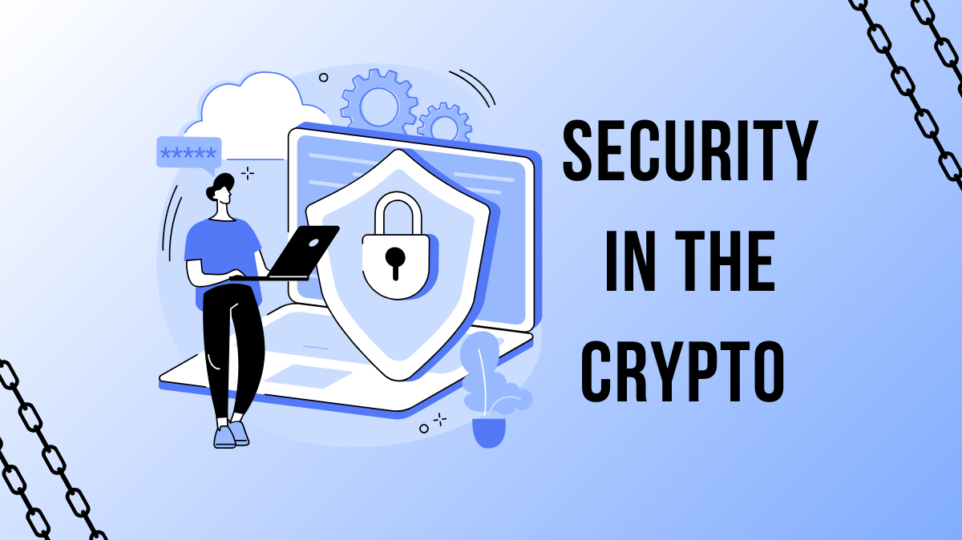The cryptocurrency world, while exciting and full of potential, also comes with its share of risks. Protecting your digital assets from hacks, scams, and other security threats is crucial to ensure a safe and enjoyable experience. Here are some tips and best practices to help you safeguard your cryptocurrency investments:
Strong Passwords and Two-Factor Authentication (2FA)
- Create Strong Passwords: Use a combination of upper and lowercase letters, numbers, and symbols. Avoid using easily guessable information like birthdays or pet names.
- Enable 2FA: This adds an extra layer of security by requiring a second form of verification, such as a code sent to your phone or email.
Secure Wallets
- Hardware Wallets: These are considered the most secure option as they store your private keys offline.
- Software Wallets: While less secure than hardware wallets, software wallets can be convenient for daily use. Choose reputable wallets with a strong security track record.
- Avoid Phishing Scams: Be wary of emails, messages, or websites that ask for your private keys or login information. Never click on suspicious links or download attachments from unknown sources.
Keep Your Software Updated
- Regular Updates: Ensure that your cryptocurrency wallet software and operating system are always up-to-date with the latest security patches.
Be Wary of Scams
- Research Projects: Before investing in a new cryptocurrency, do your research to avoid scams and Ponzi schemes.
- Avoid Get-Rich-Quick Schemes: Be cautious of promises of guaranteed returns or unrealistic profits.
- Verify Contract Addresses: When interacting with smart contracts, double-check the contract address to avoid phishing attacks.
Diversify Your Portfolio
- Don’t Put All Your Eggs in One Basket: Diversifying your cryptocurrency portfolio can help mitigate risks.
- Research Different Projects: Explore a variety of projects with different use cases and technologies.
Cold Storage for Long-Term Holdings
- Offline Storage: For long-term storage, consider using cold storage methods like hardware wallets to keep your cryptocurrencies offline and secure.
Backup Your Private Keys
- Multiple Backups: Create multiple backups of your private keys and store them in secure locations. Avoid storing backups on your computer or cloud storage.
Stay Informed
- Follow Industry News: Keep up-to-date with the latest news and developments in the cryptocurrency world to stay informed about potential security threats.
- Join Online Communities: Participate in online forums and communities to learn from experienced users and get advice.
By following these tips and best practices, you can significantly reduce the risk of losing your cryptocurrency investments to security threats. Remember, cybersecurity is an ongoing process, and it’s essential to stay vigilant and adapt to the evolving landscape of the crypto world.


